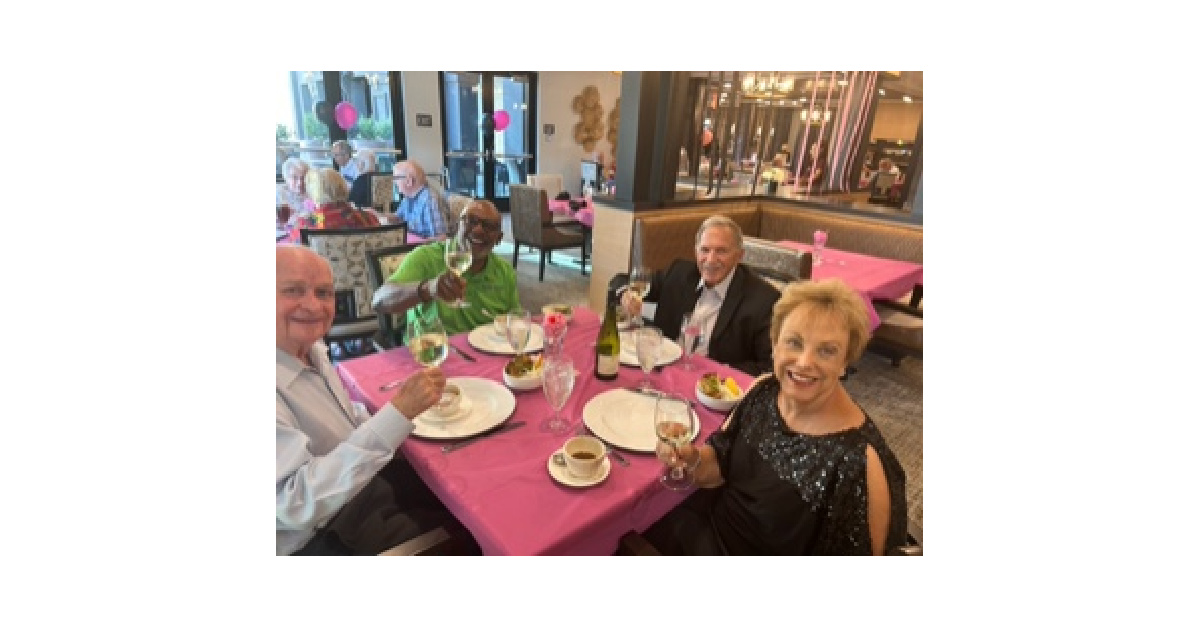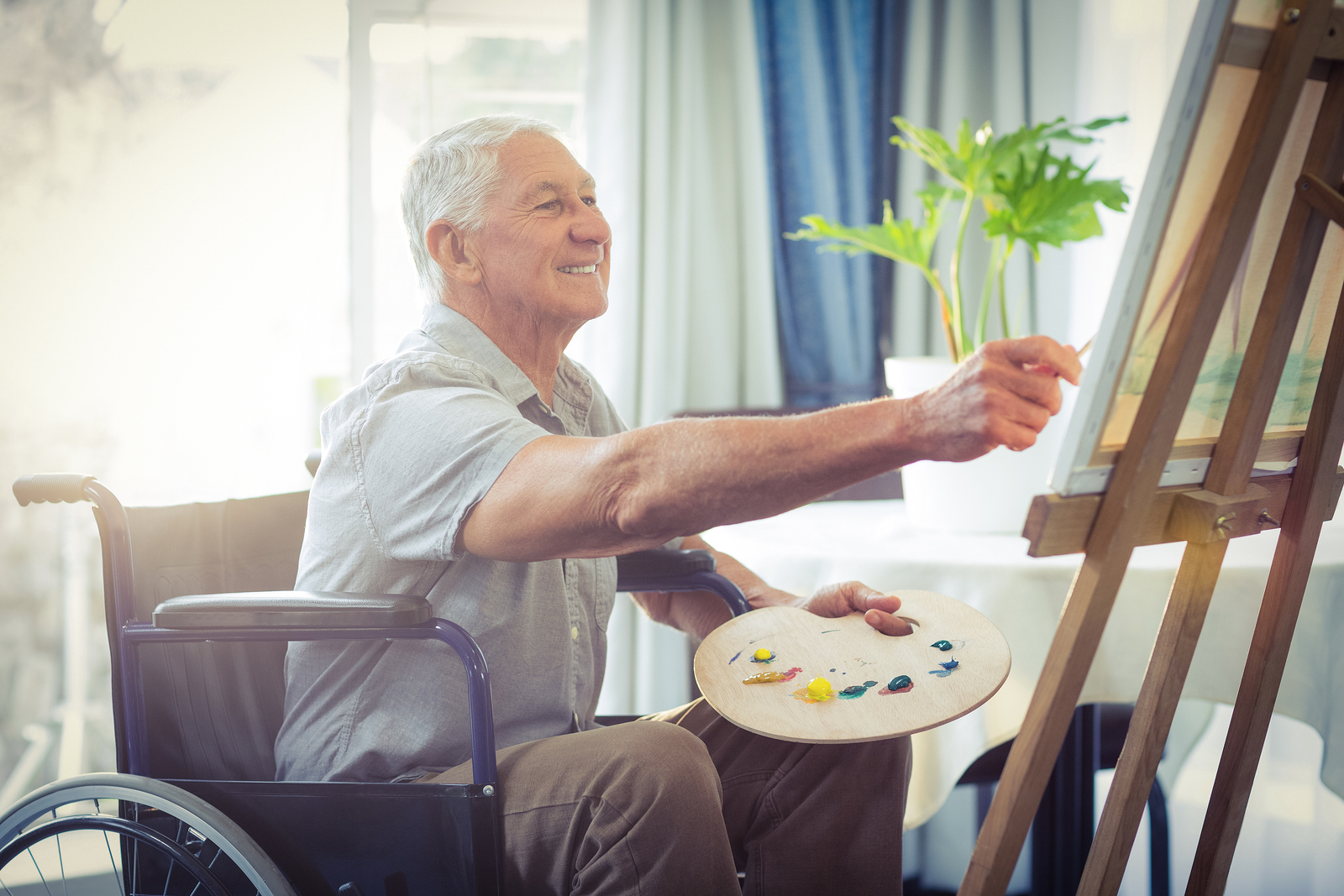Spending time engaging in creative activities is so important for aging adults. It allows them to express themselves while also stimulating their brains. For seniors who have trouble with mobility, it’s important to find activities that are easy to do and that don’t cause more issues. Companion care at home can be a great answer for seniors who don’t need a whole lot of hands-on help, but do need more company.
Arts and Crafts
Crafting and engaging in art activities are a great way for seniors to express themselves without having to be incredibly mobile. This encompasses a wide range of different activities from painting and drawing to fiber arts like knitting, cross-stitching, or beading. These types of activities can be a lot more fun when there’s a companion there to talk to, so companion care at home is a great tool to help seniors have someone they can socialize with while being creative.
Puzzles and Games
Puzzles and games can be incredibly helpful for keeping seniors mentally active. They also don’t require a lot of mobility to fully enjoy the benefits. Some ideas to consider could include jigsaw puzzles, board games, crosswords, word searches, and sudoku. This is another type of activity that could be done alone, but could also be done with someone else.
Reading
When people think about creative activities, they tend to think of activities in which someone makes something, which isn’t a wrong interpretation. But reading, including listening to audiobooks, can also be a creative activity. It helps to keep the brain stimulated and it is also something that could be interactive and social if seniors want it to be. If seniors have trouble reading because of vision issues, home care providers can read to them, offering companionship along the way.
Music
Listening to music, like reading, seems more like an activity where someone consumes something someone else made. But it can feed creativity and seniors may want to learn to make their own music, too. Learning to play an instrument is something that most people can do, even if their mobility is hindered for one reason or another.
Indoor or Container Gardening
Gardening can be very physically demanding and some seniors aren’t up for that. But they might have a better experience with container gardening or even starting a small indoor garden. This allows them to reap the benefits of gardening without having to exert themselves too much in the process.
Writing and Journaling
Writing is a powerful way for seniors to be creative and to express themselves. They might write short stories, poems, or other types of writing they want to share with others. They might also opt to write only for themselves or for close family members in a journal. However they choose to engage with writing, it can offer them serious mental health benefits without causing mobility challenges.
Mobility issues don’t have to hold seniors back from being creative. Companion care at home can make life easier and more social for seniors in so many ways, including by helping them to be more creative every day.
If you or an aging loved one is considering companion care at home in Chandler, AZ, please call the caring staff at Golden Heart Senior Care of Scottsdale at (480) 284-7360. We are here to help!












